Green and Serene: The Many Benefits of a Vibrant Clover Lawn
Published May 18 2023, 3:39 p.m. ET
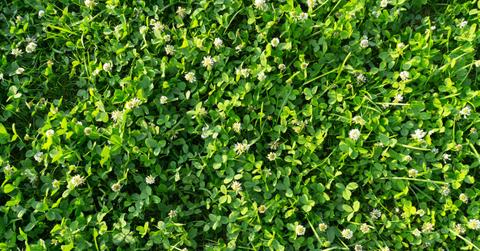
Traditional lawns might seem totally innocent, but they actually have a huge environmental impact — and not in a good way. From the amount of water waste they create to the expensive upkeep, it’s surprising that they’re even still around.
On the other hand, the benefits of clover lawns are endless.
Not only are they more eco-friendly compared to traditional lawns, but they also make your space look more unique.
Here are five benefits of upgrading your traditional lawn with a unique clover lawn.
Clover lawns require less water.
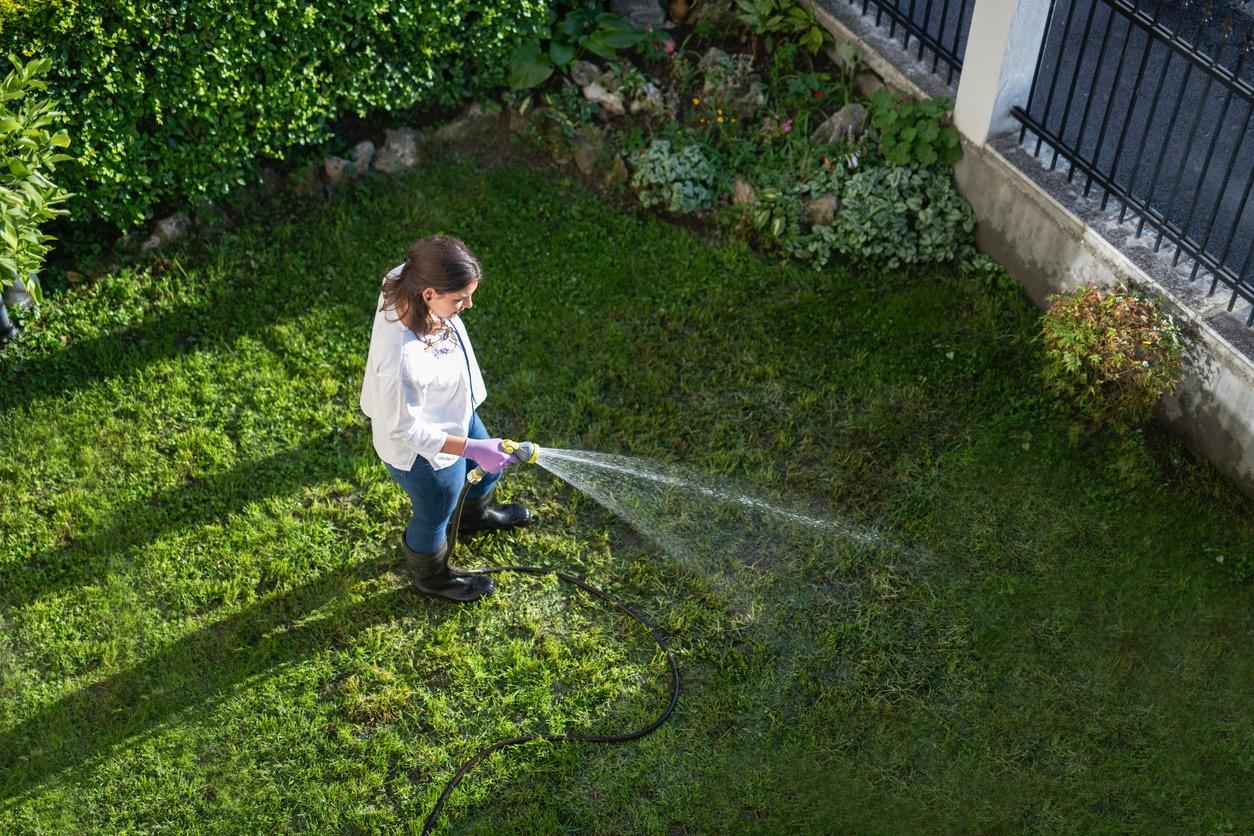
According to the Columbia Climate School, 30 to 60 percent of the freshwater in urban areas is used on traditional lawns. Not only is that a lot of water, but most of the time, it’s being wasted due to inefficient application and timing.
Clover lawns don’t have this problem. The plant’s deep roots make excessive watering unnecessary — if you’re looking for a good drought-resistant plant, clover is the way to go. In areas that experience regular precipitation, you’ll barely have to water your clover lawn at all, Better Homes and Gardens explained.
Compared to a more traditional lawn, clover lawns are more affordable.
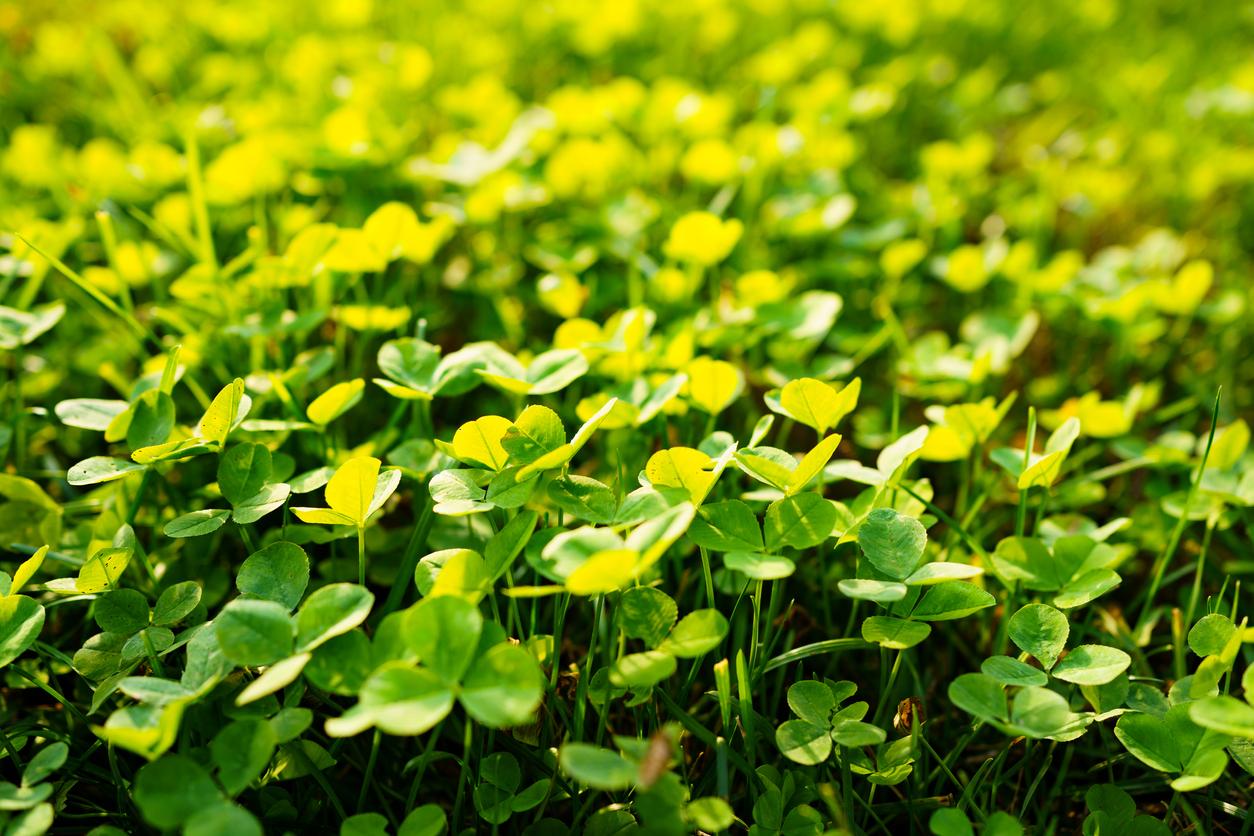
Grass lawns are also more expensive than clover lawns. Typically, the water usage, products, and maintenance involved in growing grass add up — a clover lawn doesn’t require as many resources, which will save you a lot of money.
If you’re lucky enough to have clover already growing in your yard, just embrace it. If not, don’t worry — clover is pretty affordable. It costs less than $13 to seed 1,000 square feet, according to calculations from Treehugger. Now that’s a budget-friendly lawn!
Planting clover will benefit pollinators.
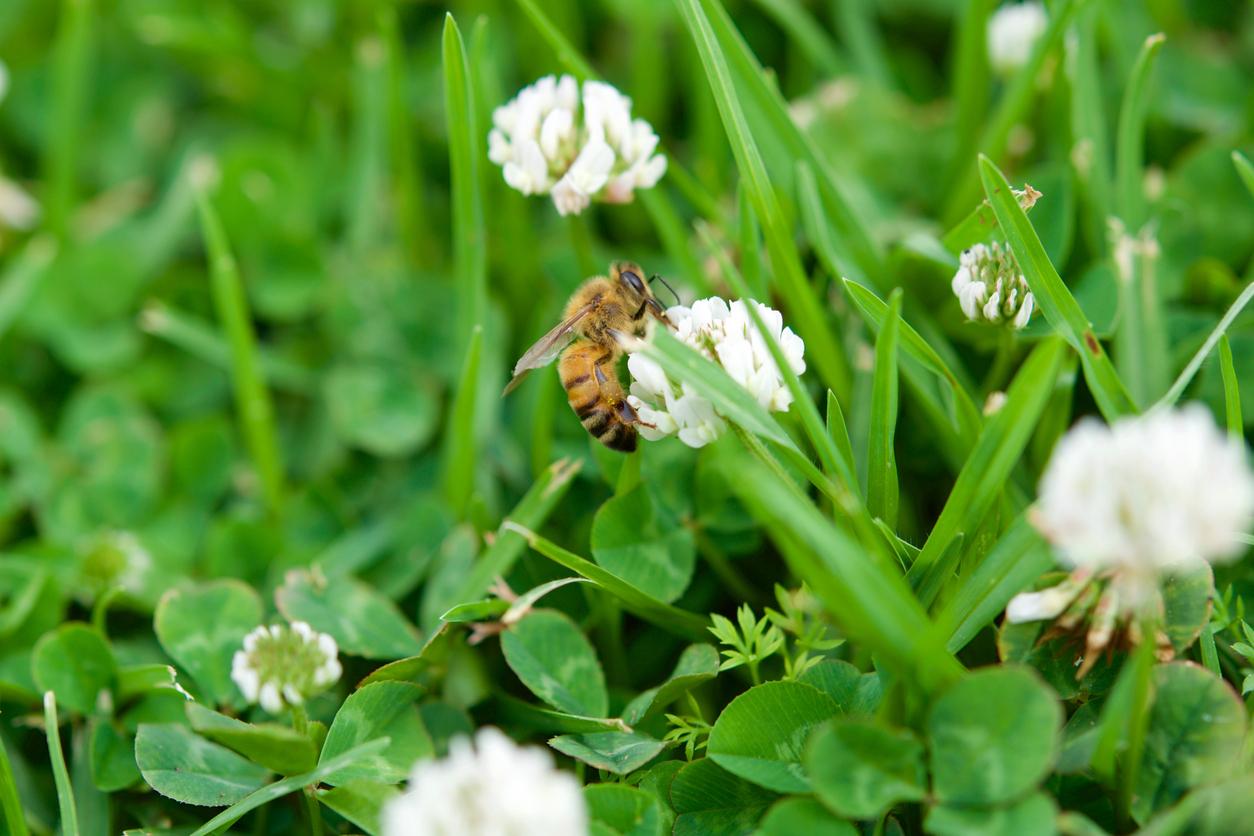
One thing that really irks environmentalists about grass lawns is that they aren’t super beneficial to pollinators. If creating a thriving wildlife habitat is out of the question (as it is for most), then why not settle for a clover lawn instead? As mentioned earlier, it uses fewer resources and it’s affordable.
When clover blooms, it attracts pollinators like bees. By choosing to plant a clover lawn, you will be able to help preserve biodiversity, which is constantly threatened by pesticides and habitat loss, as explained by The Spruce.
Clover doesn’t require the use of pesticides or herbicides.
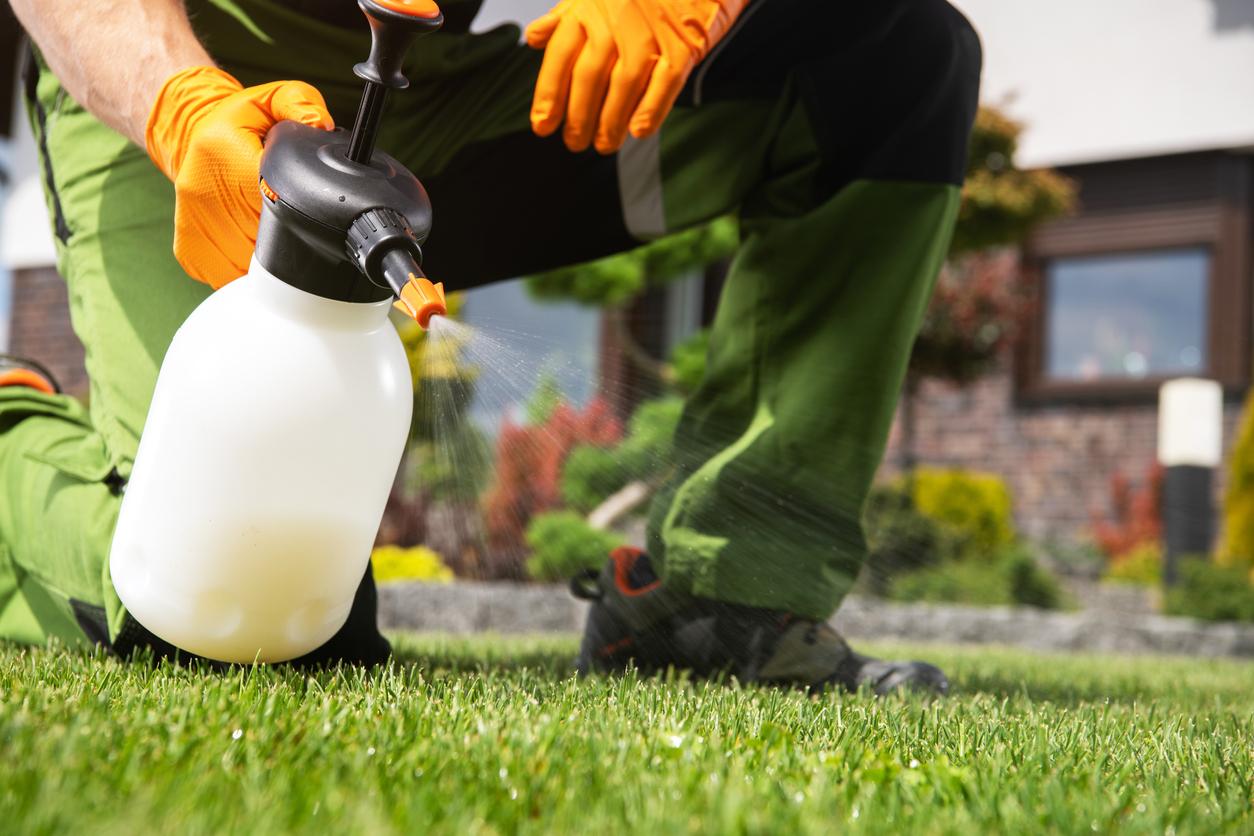
Most of us know that using pesticides and herbicides isn’t the best for the environment and wildlife. With a grass lawn, using chemicals is typically a part of the regular maintenance routine. However, with a clover lawn, pesticides, herbicides, and fertilizers are unnecessary.
Clover grows so fast and aggressively that it puts a stop to weeds, eliminating the need for herbicides. Since clover lawns are nitrogen-fixing, they tend to do well without fertilizers, which means that fewer pests are around. You can basically say goodbye to all of those harmful chemicals.
With clover lawns, mowing is practically a thing of the past.
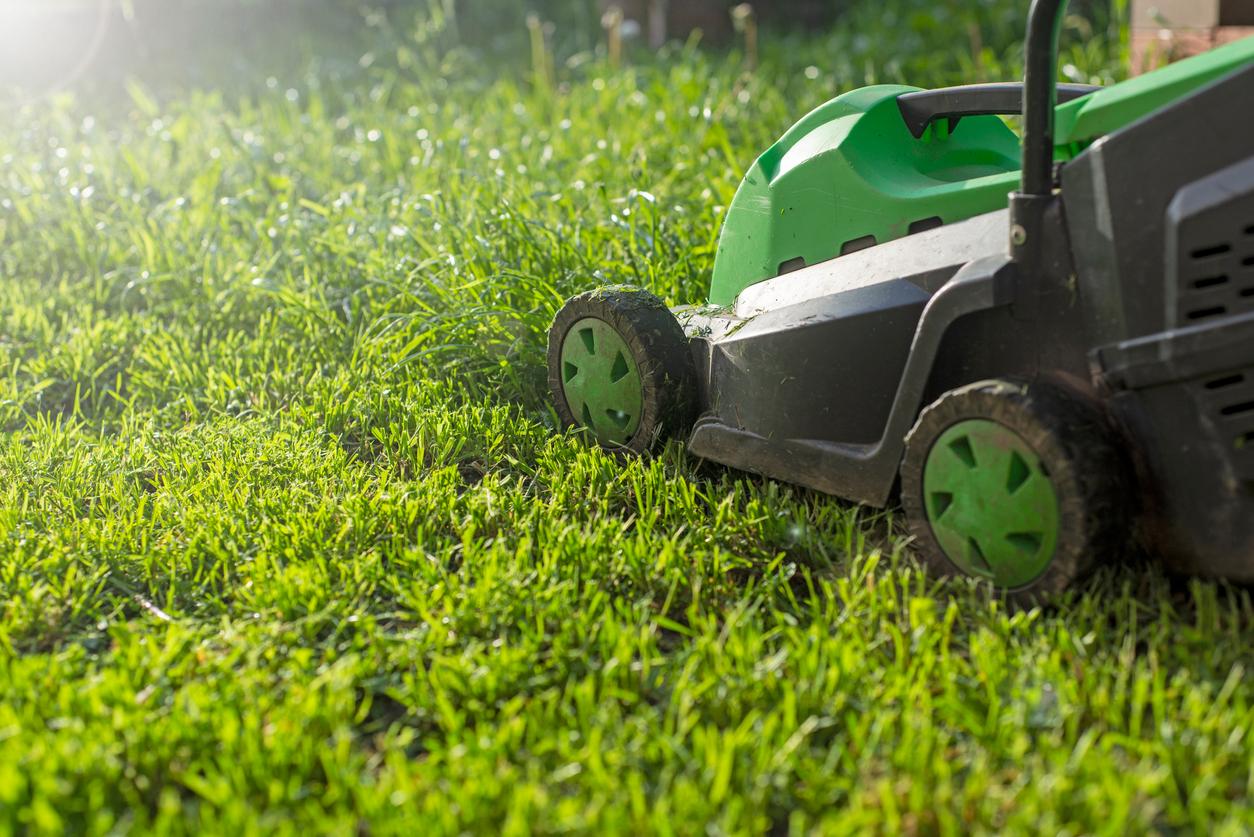
Mowing can be a total pain. It takes a ton of time and with grass lawns, it’s usually done pretty frequently. Plus, lawnmowers actually account for 5 percent of air pollution in the U.S. — and at this point in the climate crisis, every percentage counts.
A clover lawn only needs to be mowed a few times a year, as it doesn’t grow very tall naturally. Depending on what look you prefer, you could choose to mow it even less than that. If you don’t like spending your days off mowing, then switching to a clover lawn might just be the best choice you make.